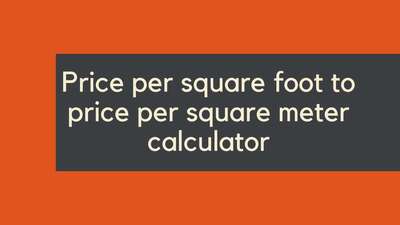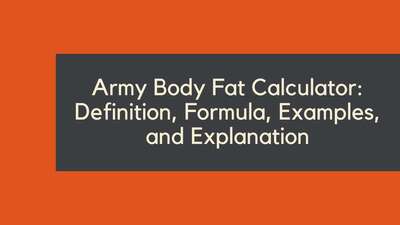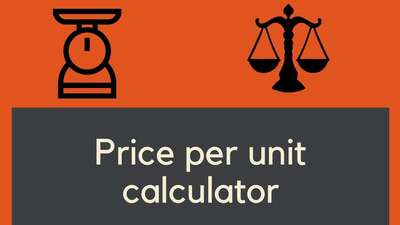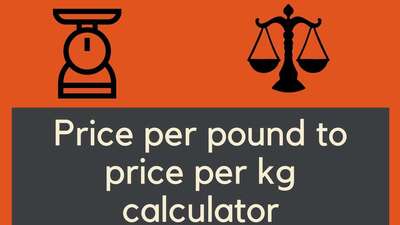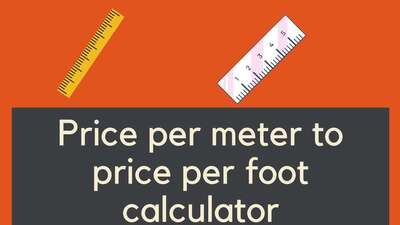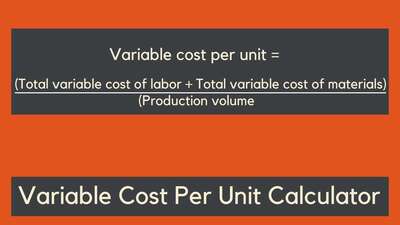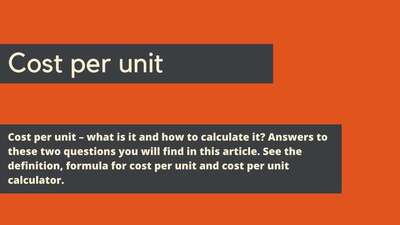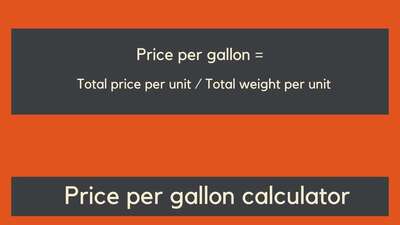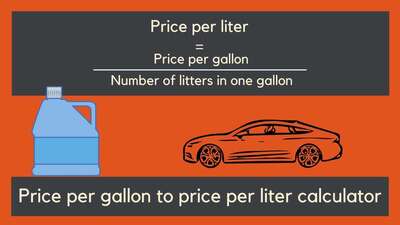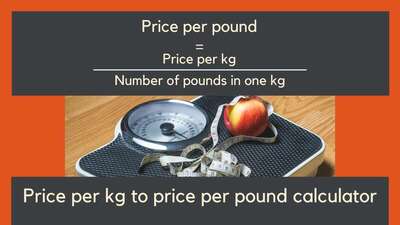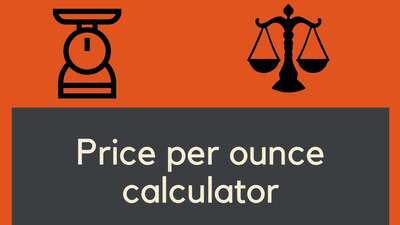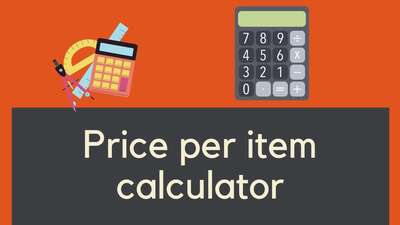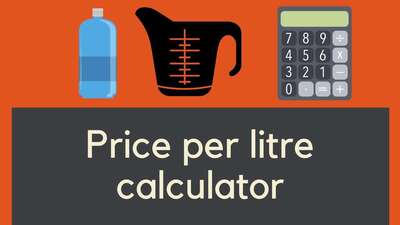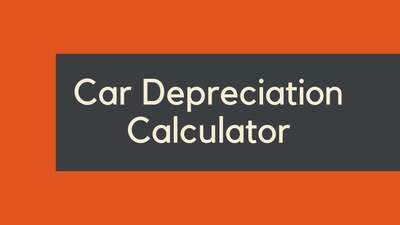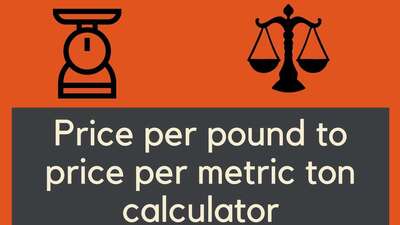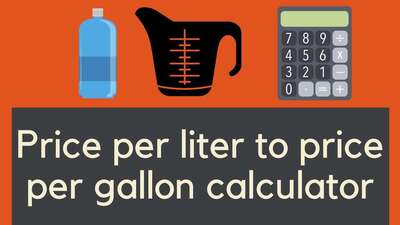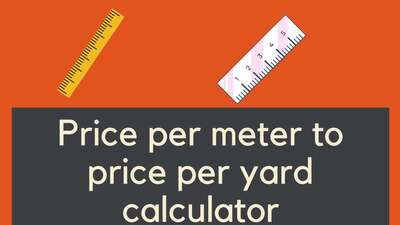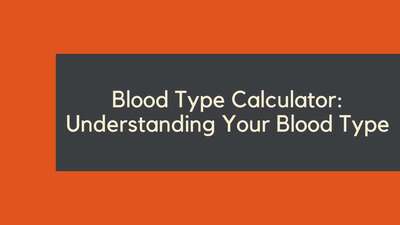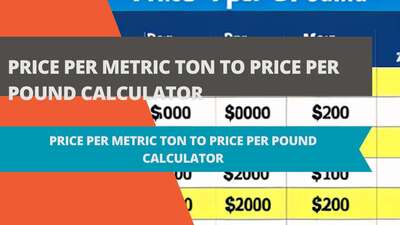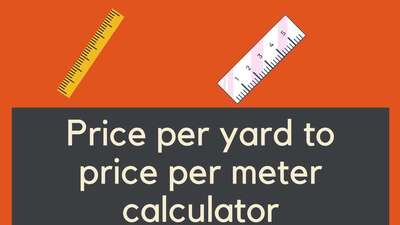Weight Loss Calculator: Definition, Formula, Examples, and Explanation
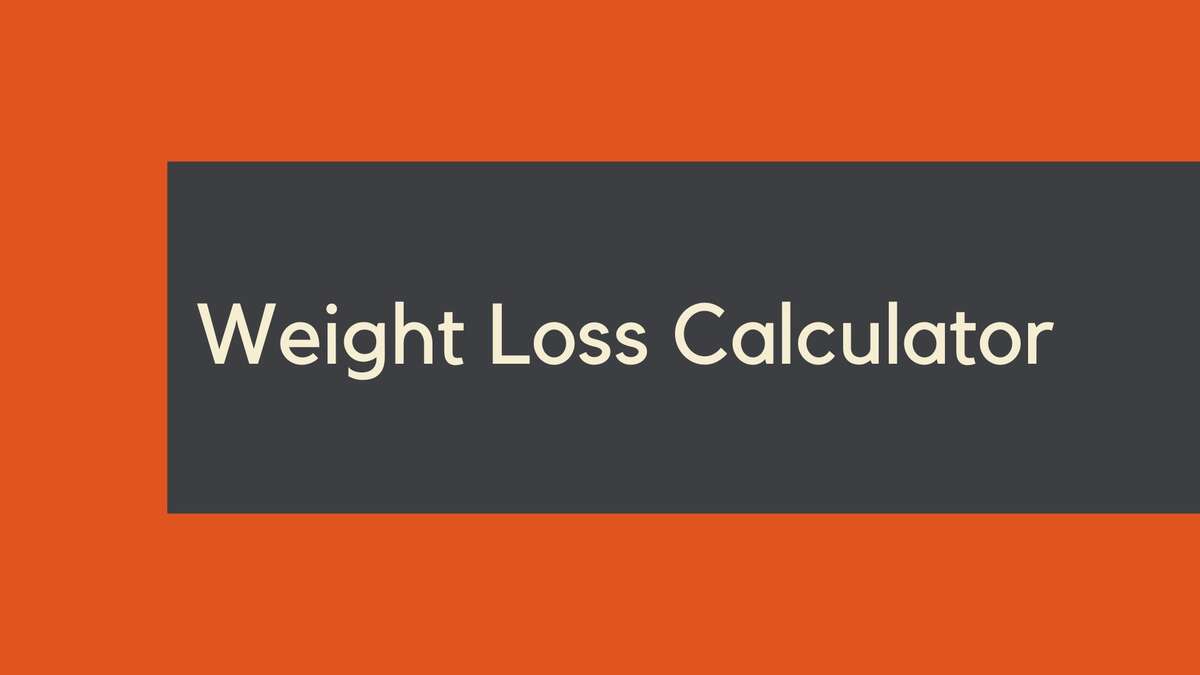
- Definition: What is a Weight Loss Calculator?
- Formula: How to Calculate Weight Loss?
- Examples: How to Use a Weight Loss Calculator?
- Example 1: Cutting Calories
- Example 2: Burning Calories
- Explanation: How Does a Weight Loss Calculator Work?
- The Psychological Impact of Tracking Weight Loss
- Incorporating Weight Loss Calculators into a Holistic Health Plan
- The Limitations of Weight Loss Calculators
- Customizing Weight Loss Plans Based on Calculator Results
- The Future of Weight Loss Technology
- Question and Answer FAQ
- Conclusion
Weight loss is a common goal for many people around the world. While it can be a challenging journey, having the right tools and knowledge can make it easier. One such tool is the weight loss calculator. In this article, we will define what a weight loss calculator is, provide the formula for calculating weight loss, give examples of how to use it, and explain how it works.
Definition: What is a Weight Loss Calculator?
A weight loss calculator is a tool that helps you estimate how much weight you can lose over a certain period of time by making changes to your diet and exercise habits. It uses your current weight, height, age, gender, and activity level to estimate your daily caloric needs and then calculates the number of calories you need to cut from your diet or burn through exercise to achieve your desired weight loss goal.
Formula: How to Calculate Weight Loss?
The formula for calculating weight loss is relatively simple:
Weight Loss = (Calories In - Calories Out) / 3,500
Calories in refers to the number of calories you consume through food and drinks each day, while calories out refers to the number of calories you burn through physical activity and your basal metabolic rate (BMR).
Your BMR is the number of calories your body burns at rest to maintain basic bodily functions, such as breathing and circulating blood. Your BMR is influenced by several factors, including your age, weight, height, and gender.
To use the formula, you first need to estimate your daily caloric needs. This can be done using an online calculator or by consulting a healthcare professional. Once you have your daily caloric needs, you can determine the number of calories you need to cut from your diet or burn through exercise to achieve your desired weight loss goal.
Examples: How to Use a Weight Loss Calculator?
Let's look at some examples of how to use a weight loss calculator:
Example 1: Cutting Calories
John is a 35-year-old male who weighs 200 pounds and is 6 feet tall. He is moderately active and wants to lose 1 pound per week. Using an online calculator, he estimates that his daily caloric needs are 2,500 calories.
To lose 1 pound per week, John needs to create a calorie deficit of 3,500 calories per week, or 500 calories per day. He decides to cut 250 calories from his diet and burn an additional 250 calories through exercise each day.
Using the weight loss formula, we can calculate how long it will take John to reach his goal:
Weight Loss = (250 - 250) / 3,500 = 0.0
Since John is not creating a calorie deficit, he will not lose any weight.
Example 2: Burning Calories
Jane is a 25-year-old female who weighs 150 pounds and is 5 feet 5 inches tall. She is lightly active and wants to lose 2 pounds per week. Using an online calculator, she estimates that her daily caloric needs are 1,800 calories.
To lose 2 pounds per week, Jane needs to create a calorie deficit of 7,000 calories per week, or 1,000 calories per day. She decides to burn 500 calories through exercise each day and cut 500 calories from her diet
Using the weight loss formula, we can calculate how long it will take Jane to reach her goal:
Weight Loss = (0 - 500) / 3,500 = -0.14
Since Jane is creating a calorie deficit of 1,000 calories per day, she can expect to lose approximately 0.14 pounds per week, or a total of 2 pounds in 14 weeks.
Explanation: How Does a Weight Loss Calculator Work?
A weight loss calculator works by estimating your daily caloric needs based on your age, gender, height, weight, and activity level. Once it has calculated your daily caloric needs, it determines the number of calories you need to cut from your diet or burn through exercise to achieve your desired weight loss goal.
The weight loss formula takes into account that 3,500 calories equals one pound of body weight. This means that to lose one pound per week, you need to create a calorie deficit of 3,500 calories per week, or 500 calories per day. To lose two pounds per week, you need to create a calorie deficit of 7,000 calories per week, or 1,000 calories per day.
It is important to note that weight loss calculators are estimates and may not be 100% accurate for everyone. Factors such as genetics, underlying medical conditions, and medications can all affect weight loss. Additionally, weight loss is not always linear, and there may be weeks where you do not lose weight despite creating a calorie deficit.
The Psychological Impact of Tracking Weight Loss
Engaging with weight loss calculators and monitoring one's progress can lead to significant psychological benefits. The act of quantifying weight loss can instill a sense of motivation and accountability, providing tangible goals and milestones that reinforce commitment to a weight management journey.
However, it's crucial to recognize the potential psychological pitfalls as well. An excessive focus on numbers and rigid adherence to calculator results may induce stress or disappointment. This could happen when the weight loss process does not align perfectly with the calculated projections. It's important for users to manage their expectations and understand that weight loss is a dynamic process, influenced by a multitude of factors beyond what any calculator can predict.
Therefore, while these tools can be powerful motivators, they should be used as guides rather than definitive measures. Balancing the emotional aspects of weight loss with the analytical can lead to a healthier, more sustainable approach to achieving one's weight management goals.
Incorporating Weight Loss Calculators into a Holistic Health Plan
The judicious integration of weight loss calculators into a holistic health strategy is essential. These calculators serve as one piece of the puzzle, providing valuable data that can help shape dietary and fitness routines. However, they should be used in conjunction with other key health indicators for a well-rounded approach.
For instance, metrics such as muscle mass, sleep quality, and energy levels are integral to understanding overall health. A robust plan considers these elements, as they can significantly influence weight management and general well-being. Incorporating a variety of health measures ensures that weight loss efforts are both effective and sustainable, promoting long-term health and fitness.
Therefore, it's not just about reducing numbers on a scale, but also about improving one’s overall lifestyle. By using weight loss calculators as a starting point rather than an end-all, individuals can create personalized and adaptive plans that are attuned to their body's unique needs and the multifaceted nature of health.
The Limitations of Weight Loss Calculators
While weight loss calculators can be useful in planning and monitoring diet and exercise efforts, they have inherent limitations. A critical understanding of these tools is necessary for setting realistic health and weight loss expectations.
One significant limitation is that these calculators cannot fully account for metabolic changes that occur during weight loss. As an individual loses weight, their metabolic rate can slow down, which means the calculator's initial calorie deficit recommendations may become less effective over time.
Moreover, hormonal influences and the adaptive nature of the human body are not reflected in the static numbers of a calculator. Hormonal changes can affect appetite, metabolism, and fat storage, while the body's adaptive responses can alter how calories are burned during different types of activity.
It's therefore important for users to see these calculators as guidelines rather than absolute rules. Adjustments based on individual responses to diet and exercise are often necessary, and professional guidance may be beneficial for a more tailored approach to weight loss.
Customizing Weight Loss Plans Based on Calculator Results
The data derived from weight loss calculators provide a foundational starting point for customizing diet and exercise regimens. It’s essential for individuals to interpret these results with a strategic approach, adjusting their weight loss tactics to align with personal health objectives and lifestyle preferences.
For example, by analyzing calculator outcomes, one can tweak macronutrient ratios to ensure a diet that not only promotes weight loss but also sustains energy levels and supports muscle growth. An increase in protein intake and a moderate reduction in carbohydrates may be beneficial for someone engaging in regular strength training.
Similarly, the intensity and type of workouts can be modified based on the calculated caloric deficit. Someone might choose high-intensity interval training (HIIT) to maximize calorie burn, while another might prefer steady-state cardio to fit their endurance goals.
Setting incremental goals is another crucial aspect of a tailored plan. Instead of aiming for a large number in a short time, small, achievable targets can lead to a greater sense of accomplishment and long-term sustainability. In this way, weight loss calculators act as a guide to be adapted rather than a rigid framework to be strictly followed.
The Future of Weight Loss Technology
As we look to the horizon of weight management, the potential integration of artificial intelligence (AI) and machine learning (ML) stands out as a significant advancement. These technologies promise to enhance the precision of weight loss calculators far beyond their current capabilities.
With AI and ML, calculators could analyze vast amounts of user data to identify patterns and predict outcomes with greater accuracy. They might consider personal habits, genetic predispositions, and even environmental factors to offer customized weight loss strategies.
The future could also see these tools providing real-time suggestions, adapting to changes in user behavior, and updating recommendations accordingly. The dynamic nature of these technologies means that the journey of weight loss could become highly personalized, adapting to the user's lifestyle, preferences, and changes in their physical state.
This next generation of weight loss technology holds the promise of not just simplifying but also personalizing the path to health and wellness, offering a future where weight management is as unique as the individual pursuing it.
Question and Answer FAQ
Q: Is a weight loss calculator accurate?
A: Weight loss calculators are estimates and may not be 100% accurate for everyone. Factors such as genetics, underlying medical conditions, and medications can all affect weight loss. Additionally, weight loss is not always linear, and there may be weeks where you do not lose weight despite creating a calorie deficit.
Q: Can I lose weight without using a weight loss calculator?
A: Yes, you can lose weight without using a weight loss calculator. However, a weight loss calculator can be a helpful tool in estimating how much weight you can expect to lose over a certain period of time and can help you set realistic goals.
Q: Are there any risks to using a weight loss calculator?
A: There are no known risks to using a weight loss calculator. However, it is important to remember that weight loss calculators are estimates and may not be 100% accurate for everyone.
Conclusion
A weight loss calculator is a useful tool for estimating how much weight you can lose over a certain period of time by making changes to your diet and exercise habits. While it is not always 100% accurate, it can help you set realistic goals and track your progress. Remember to consult a healthcare professional before making any significant changes to your diet or exercise routine.
Overall, a weight loss calculator can be a helpful tool in estimating how much weight you can expect to lose over a certain period of time by making changes to your diet and exercise habits. While it is not always 100% accurate, it can help you set realistic goals and track your progress. Remember to consult a healthcare professional before making any significant changes to your diet or exercise routine.





![Car Loan Calculator: Definition, Formula, Examples, and FAQs [2023 Guide]](/images/page/400/car-loan-calculator-13.jpg)
